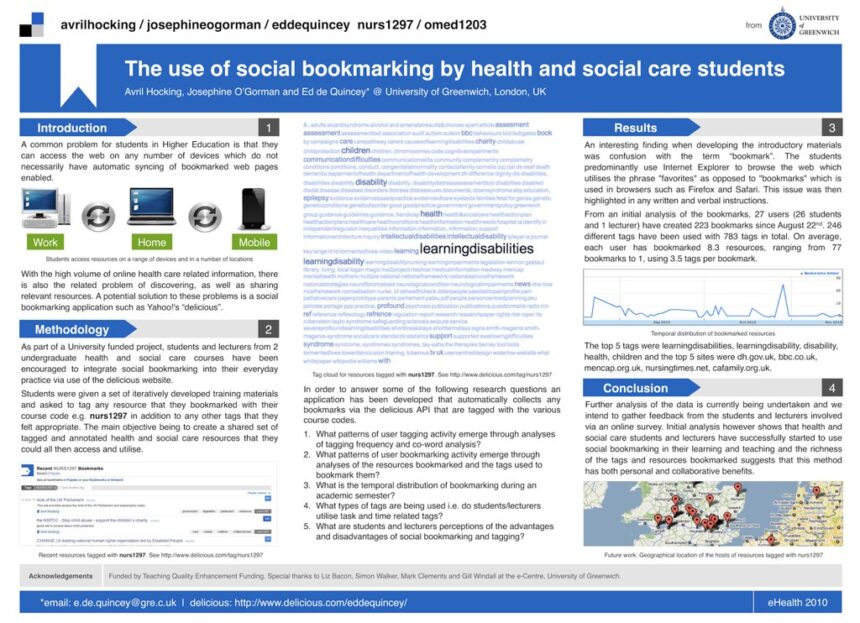Wes Streeting, UK Health and Social Care Secretary has demanded three major changes to the NHS’s operation in order to guarantee its sustainability.
Streeting, who spoke at the Financial Times’ Weekend Festival on Saturday in London, stressed the importance of shifting care away from hospitals and into communities. He also emphasized the need to transition from analog to digital health, as well as shift the focus to prevention rather than treatment.
Streeting believes that these changes are essential for the NHS’s future.
He said that, although there was collaboration between the NHS sector and life sciences, this was only in “exceptional” cases.
Move care out of hospitals and into communities
The NHS faces a major challenge in the form of an overwhelming demand on its hospitals.
Streeting stressed that hospitals must be less reliant on their current model. He urged for primary care services and more community-based programs to relieve the burden placed on the overcrowded hospital.
The NHS could improve the quality of care and prevent or delay serious health problems in later life by bringing treatment closer to patients’ homes.
The shift in focus is crucial, as the population lives longer without necessarily being healthier. Streeting stated that early diagnosis and quicker treatments can improve health outcomes.
He added that “we need to modernize NHS in order to diagnose and treat earlier,” suggesting this would “push ill-health and comorbidities later into retirement,” thus improving the quality of life for older people.
Prevention is more important than treatment
Streeting’s second shift is centered on prevention. He says that NHS needs to move away from treating illnesses and instead focus more on preventing them.
It would also help people live longer and healthier.
An article published earlier in the Lancet Health Longevity Journal highlighted some of the benefits that such an approach could bring.
Over the next two decades, England could gain over 70,000 “quality-adjusted-life-years” by reducing dementia risk factors, like vision loss or high cholesterol.
Streeting said that the NHS must place a greater emphasis on prevention, as proactive measures to improve public health will reduce long-term illnesses and increase their incidence.
Digital transformation in healthcare
Streeting’s third point was that the NHS must embrace digital solutions for healthcare, which will transform the patient experience.
Streeting said that the move from analogue to digital involves new technologies for improving diagnostics, treatments, and communications across healthcare settings.
Health Secretary acknowledged NHS already works with life science and technology sector to implement innovative solutions but said that collaborations between the two sectors must be more widely spread.
The NHS should play a key role in UK as a “catalyst” for breakthrough science.
Streeting has committed to work with UK science and technology minister Peter Kyle in order to remove institutional barriers which may prevent the adoption of digital healthcare technologies. The ultimate goal is to make the NHS the leader of global innovation for healthcare.
Social care challenges and the staffing of social services
Streeting also acknowledged that social care issues in the UK are still a problem.
NHS faces a number of problems, such as long wait lists for routine treatment and industrial actions that have led to cancellations of more than 1.5 million appointments.
As of March 20, 2023, the health system will also be facing a rapidly aging population as well as widespread shortages in staff. There are over 100,000 secondary care vacancies.
Streeting again stressed that the social care component is a crucial part of the NHS’s recovery. He stated that, “Good social care will be necessary for the NHS to recover.”
The recent UK general elections were dominated by debates about the economy, but the social services that millions of UK citizens rely on was not discussed.
Streeting, in response to the concerns about the delays of Labour’s social care policies, asked for patience. He acknowledged the necessity for immediate action, while stressing the importance for addressing the long-term issues.
Balance public expenditure and social care
The decision by the government to scrap a cap on health care costs, which was inherited from the Conservatives government, is one of its more controversial actions.
Streeting admitted that social care is a priority, but defended Labour’s choice to prioritize more immediate priorities.
Some critics have criticized Sir Keir’s Starmer for his decision, claiming that he has failed to deal with the social care crisis growing in the UK.
Streeting stressed that Labour is still committed to social care and will take action in the future.
Streeting’s proposals are a reflection of a recognition that the NHS has reached a crucial point.
The health system must be transformed to stay sustainable due to the increasing demands for services and an ageing populace.
The post Wes Streeting’s three major shifts in the delivery of NHS healthcare may change as new information becomes available.






